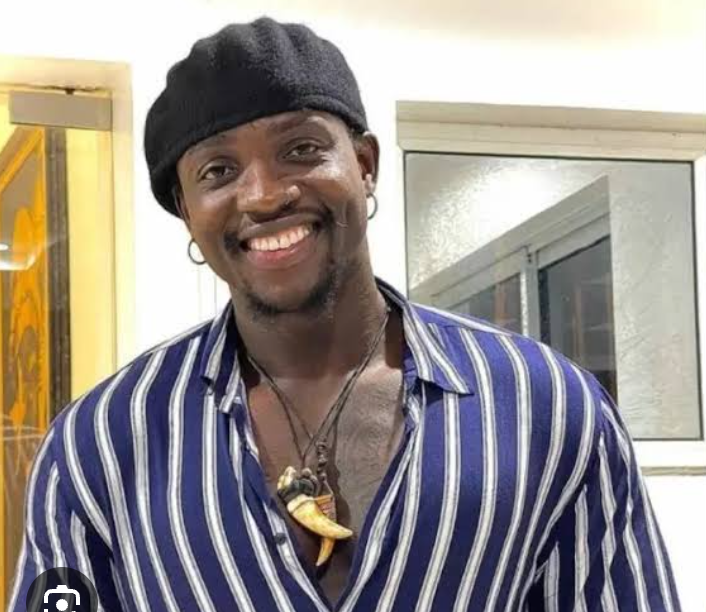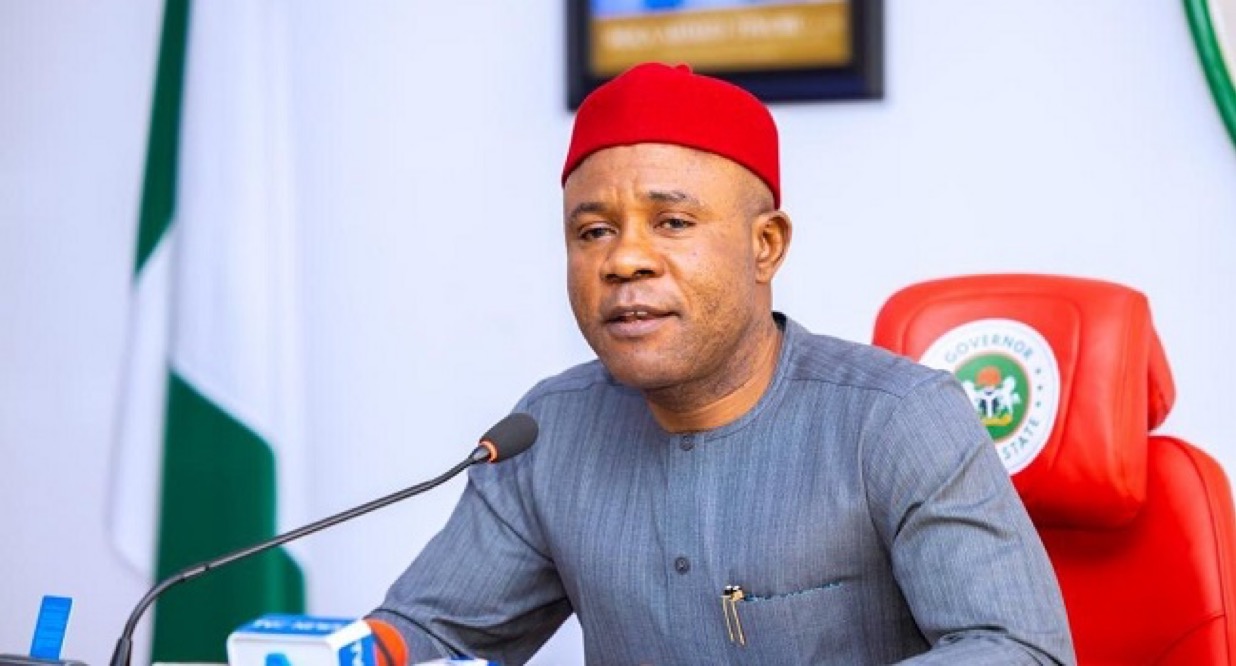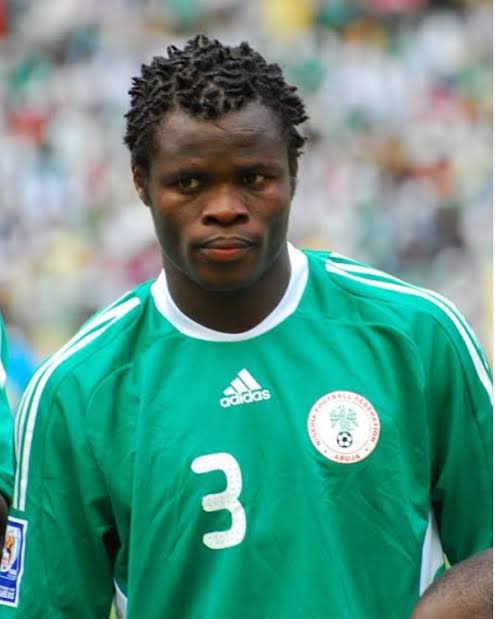
“Just Lies!” – EFCC Breaks Silence on Rumored Arrest of VeryDarkMan Amid Public Outcry

In a swift and strongly worded response, Nigeria’s foremost anti-graft agency, the Economic and Financial Crimes Commission (EFCC), has dismissed widespread reports that it arrested popular activist and social media commentator, Martins Vincent Otse, widely known as VeryDarkMan. The EFCC has labeled the story as "fake news" and cautioned the public to refrain from spreading misinformation capable of inciting unnecessary tension. The denial comes after hours of heated discussions online and growing speculation that the controversial social media personality had been picked up by the commission in connection with multiple petitions said to have been filed against him.
The false report, which first surfaced late Sunday evening and quickly went viral across social media platforms, suggested that VeryDarkMan had been taken into custody by EFCC operatives over allegations bordering on financial misconduct and cyberbullying. Several blogs and Twitter accounts cited unnamed sources claiming that the EFCC had quietly detained him in Abuja following a flurry of complaints by individuals angered by his frequent online exposés and verbal attacks on celebrities and public officials. But in a quick move to extinguish the rumors, the EFCC issued an official rebuttal, branding the story baseless, unfounded, and a deliberate attempt to mislead the public and smear the image of both the Commission and the activist.
The EFCC’s spokesperson, who addressed the issue Monday morning, emphasized that the agency has no record of arresting VeryDarkMan and cautioned bloggers and online media outlets to always verify their claims before going public. According to the agency, such unverified stories not only damage reputations but also undermine public trust in the operations of national institutions. "We urge the public to disregard these claims entirely," the EFCC declared, “as they are not only false but mischievously crafted to provoke tension where there is none.”
For his part, VeryDarkMan, who is known for his no-holds-barred approach to social commentary, has yet to personally respond to the arrest rumors, but close associates have insisted that he remains free and unharmed. This is not the first time the activist has been entangled in controversies involving powerful figures and institutions. Earlier this year, he accused the EFCC of plotting to arrest him after he publicly criticized the Commission’s chairman, Olanipekun Olukoyede. In a now-viral video, he alleged that some individuals had visited the EFCC’s Abuja office to lodge complaints against him, presenting video evidence and demanding his arrest. He claimed insiders within the Commission tipped him off, warning him that he was being targeted for intimidation. The EFCC did not confirm or deny these claims at the time but neither did they take any action against him.
VeryDarkMan has made a name for himself by fearlessly addressing societal issues, calling out fraud, criticizing entertainers, and tackling sensitive topics without restraint. His fearless disposition has won him thousands of followers and supporters across Nigeria and beyond, many of whom see him as a voice for the voiceless. However, his critics argue that his methods are often too aggressive and inflammatory, accusing him of crossing the line between activism and defamation.
The latest drama surrounding his rumored arrest is not unconnected to his recent clashes with various public figures. He has been in the news recently for confronting social media influencers, exposing scams, and accusing celebrities of manipulating public perception. Only last month, he was involved in a heated online exchange with a well-known Nigerian musician, whom he accused of exploiting fans for financial gain. That confrontation ended with threats of legal action and calls for his social media accounts to be suspended. Now, the claim that the EFCC had moved against him seemed, to many, like a logical next step in the growing list of enemies he’s been making.
But the EFCC’s quick denial has brought a sense of relief to his loyal fanbase and thrown a spotlight on the dangers of misinformation in the digital age. Social media, while a powerful tool for communication and accountability, has also become a breeding ground for rumors and half-truths. With the rise of clickbait headlines and anonymous sources, false narratives can spread rapidly before official channels have a chance to correct them. In this case, a simple false claim about an arrest spiraled into national gossip within hours, prompting reactions from celebrities, activists, and even legal experts weighing in on whether the EFCC had grounds to detain him at all.
Meanwhile, the incident has sparked conversations about the relationship between public institutions and outspoken critics. While Nigeria’s constitution guarantees freedom of expression, there remains a grey area when it comes to drawing the line between criticism and criminality. Activists like VeryDarkMan often tread that line carefully—or recklessly—depending on whom you ask. Some believe he is doing the work that traditional media refuses to do, exposing corruption and unethical practices without fear or favor. Others see him as a loose cannon whose brand of activism is more destructive than constructive.
What is clear, however, is that the false arrest report has only elevated his profile. Many of his followers have taken to social media to defend him, accusing his enemies of orchestrating the fake news to silence or discredit him. Some even speculate that the rumor itself may have been planted by those hoping to provoke a real arrest by creating public pressure. Whether or not that is true, the EFCC’s unequivocal denial has temporarily quelled the noise and reaffirmed that, for now, VeryDarkMan is still very much a free man.
As Nigeria continues to grapple with issues of governance, corruption, and freedom of speech, figures like VeryDarkMan are likely to remain central in national debates. Love him or hate him, he represents a new generation of digital watchdogs unafraid to speak truth to power—even if that truth is controversial or inconvenient. The EFCC, for its part, seems to understand the importance of public trust and has made it clear that it will not be swayed by baseless claims or online agitation.
In the days to come, more clarity may emerge on who originated the fake story and for what purpose. Until then, one thing remains certain—when it comes to the court of public opinion, perception often moves faster than the truth. But in this case, the EFCC has moved just fast enough to set the record straight. VeryDarkMan, whether loved or loathed, continues to walk free, and the war between online activism and institutional authority rages on.


